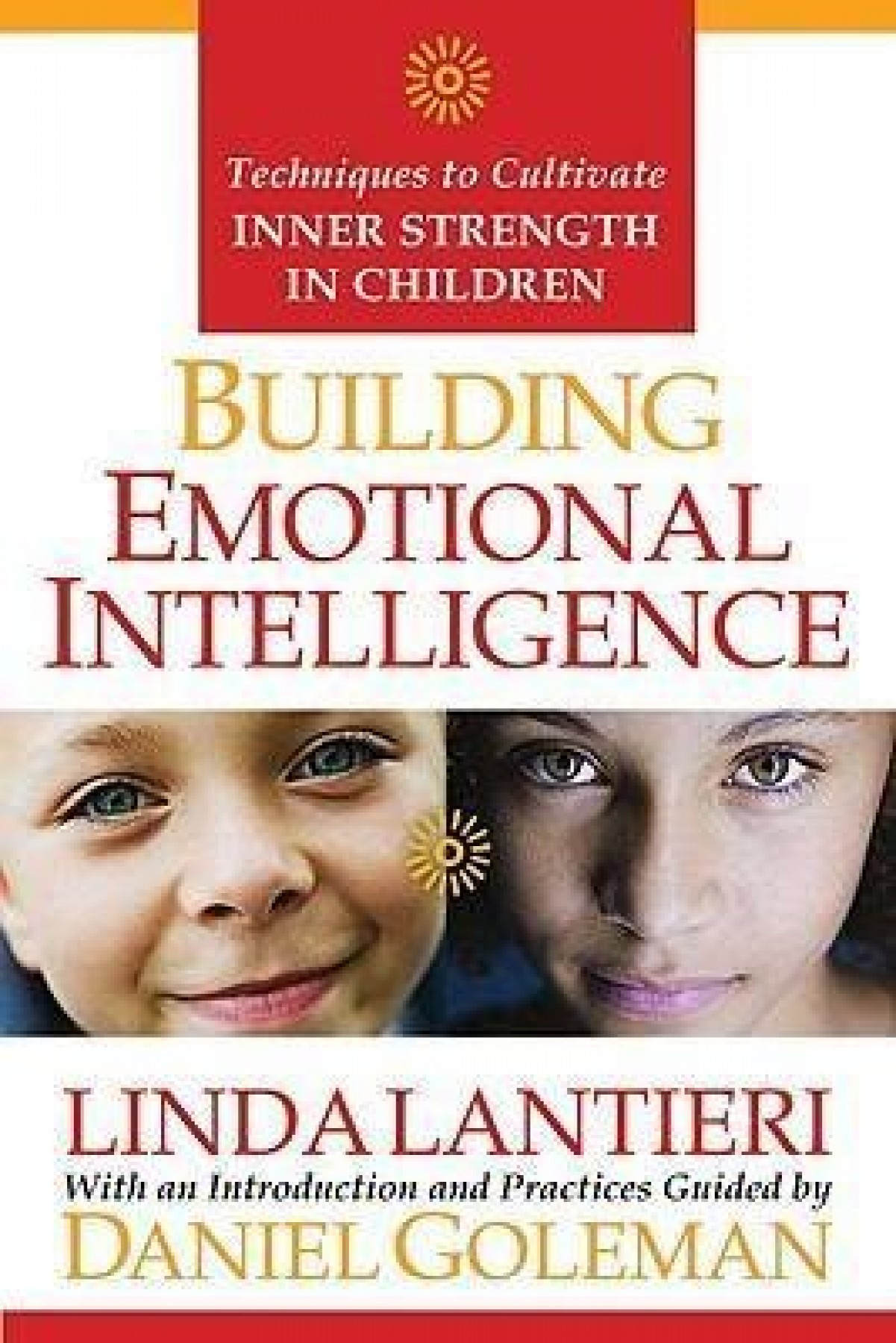In 2013 I was fortunate to attend the Melbourne-based Happiness & Its Causes conference. At this conference I heard author Linda Lantieri as one of the keynote speakers and attended a half-day workshop. Hearing Lantieri truly brought the book to life and although it speaks mainly to parents, it is just as useful in the school setting.
As Lantieri showed us, her work in this field was heightened greatly by the events of 11 September 2001. It was the actions of teachers and children as they fled this disaster that led her to a deeper understanding: "that the real tests of life can come a child’s way at any moment and that we as adults cannot protect our children from circumstances beyond our control." Mindfulness then is the central theme of this work and looking into ways of being that help in moments of stress.
In Daniel Goleman’s words, who is also a foremost thinker in the field of emotional intelligence, "Lantieri has continued to be a pioneer in the movement to integrate social and emotional learning into schools throughout the world."
The three main areas of this work, which resonate in my role promoting health and wellbeing, are:
1. The importance of the role of teachers being a caring and supportive adult believing in their students
2. The role of social and emotional learning supporting the development of cognitive skills and knowledge
3. The importance of developing mindfulness into everyday life, both within the home and in the school setting
Increasingly, schools are becoming busy environments, unhelpfully obsessed with academic learning outcomes with constant testing, assessment and reporting on a variety of levels. As Lantieri shows by quoting Goleman’s book Emotional Intelligence (1995), "One of psychology’s open secrets is the relative inability of grades... to predict unerringly who will succeed in life… There are widespread exceptions to the rule that IQ predicts success - many (or more) exceptions than cases that fit the rule. At best, IQ contributes about 20% to the factors that determine life success, which leaves 80% to other forces."
It is this largely untapped area of learning which Lantieri presents for parents and teachers to consider. In our schooling system a high level of interaction between each setting (home and school) is encouraged and expected. The set of five basic skills or competencies which can be systematically cultivated are explained clearly in Chapter Two: Preparing to teach children exercises to calm the body and focus the mind. The guiding principles for these are very easy to grasp as teachers and parents guide children in understanding themselves and their responses to life’s events.
This book offers two different tools to manage stress effectively: developing deep breathing exercises (diaphragmatic breathing), and learning to progressively relax the body’s muscles. Once people become used to these routines, there is a CD with age-graded activities and helpful directions to manage. Teachers and parents helping children to manage themselves, their relationships and their responses to everyday life is critical to setting up more positive, successful futures. And of course in becoming more mindful of their children, of their students, both parents and teachers stand to gain in their own lives.
Finally, this book has the enormous potential to assist schools to develop their awareness of the role of mindfulness in the academic outcomes they wish for their students. The Education Review Office in its Wellbeing for Success: Draft Evaluation Indicators for Student Wellbeing 2013 is asking the same questions which Lantieri poses:
Do we systematically and purposefully teach the skills needed for students to develop social awareness, relationship skills, self-confidence, self-management and responsible decision-making?
To what extent are the principles of health and physical education curriculum (hauora, attitudes and values, socio-ecological perspective and health promotion) known, understood and integrated into all curriculum areas?
How well are the achievement objectives set out in health and physical education integrated across the implementation of the curriculum?
Therefore I am encouraging anyone who reads this to take the time to explore Lantieri’s work, read her publications, listen to her presentations and support others to develop a more mindful approach to their lives.
Review by Richard Wisnesky, a Health Promoting Schools Adviser in the community and public health, a division of the Canterbury District Health Board
I Need Help Now
Help for you or someone important to you
More

